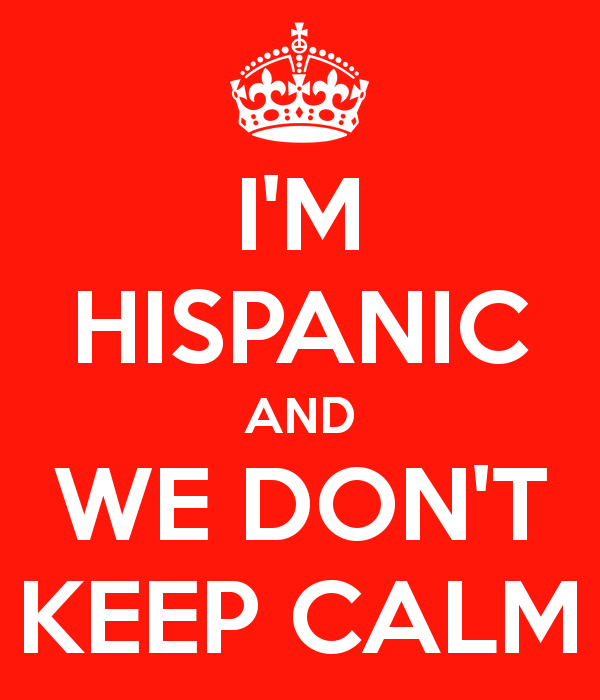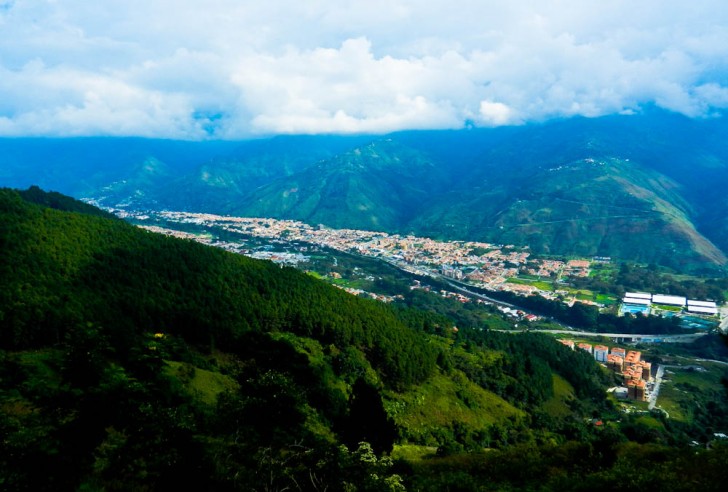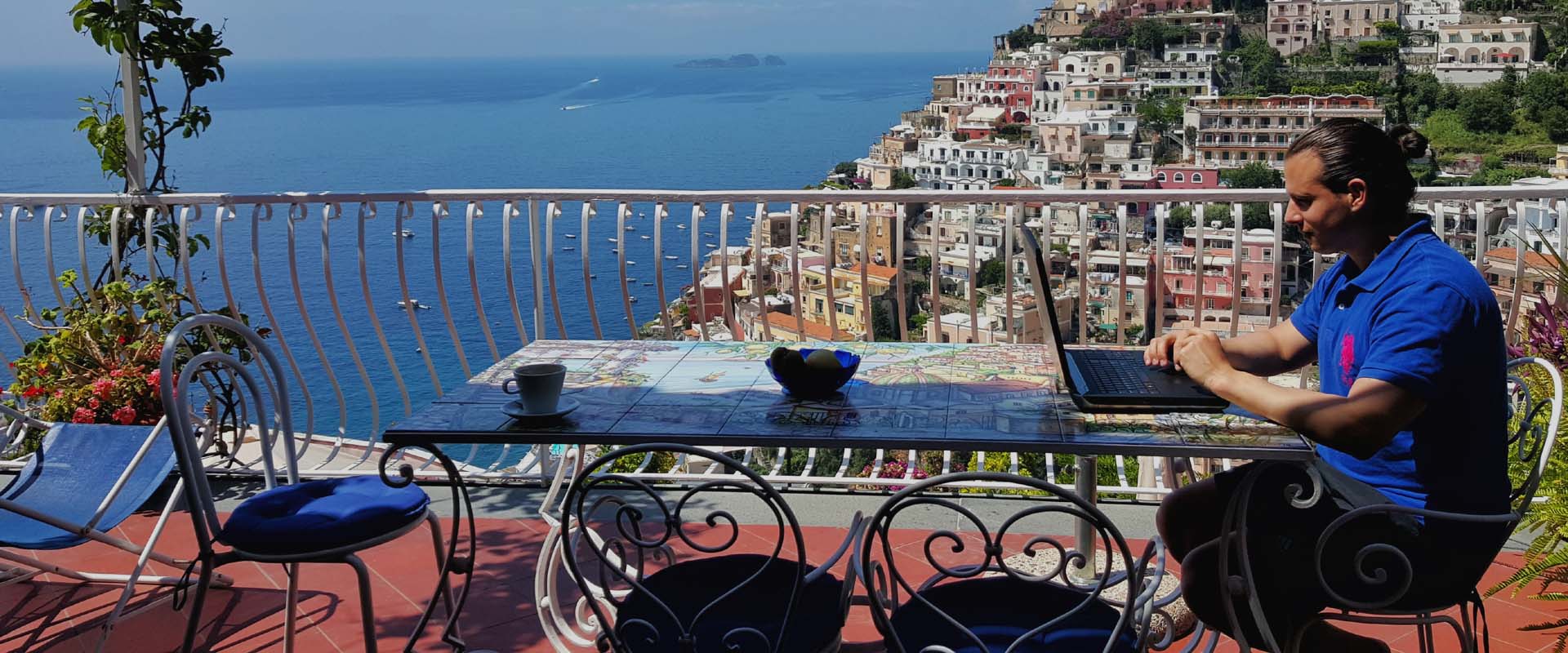 Its time to learn how to speak Venezuelan Spanish!
Its time to learn how to speak Venezuelan Spanish!
Venezuelan Spanish basic expressions are very similar to common Spanish that you may have heard.
The dialect and slang spoken in Venezuela is among one of the best.
Similar to Colombian Spanish there are many different dialects throughout the country.
Since there are many different ethnic groups the language has developed overtime.
Being just larger than twice the size of California or about 1.5 times larger than the country of France.
One the coast there is more African descent while in many interior parts of the country there is more European heritage.
I received a lot of push back on my top things to do in Venezuela post because I stated that the country was quite dangerous. I was kidnapped in the capital, Caracas, but managed to negotiate my escape in addition to the return of my credit cards and cash to pay the airport taxes. There are many violent protests (and deaths) occurring all over the country.
I hope many people realize now that it is very dangerous in Venezuela at the moment.
If you are stubborn like me and still insist on visiting the country then your best bet would either be Margarita Island or the small city of Merida. There are quite a bit of protests in Merida as it is a university town so it would be best to ensure that the protests and riots are over before visiting.
I was actually born in Merida which is located in the Western part of the country. Any time that I visit Venezuela I always go via land through the Colombian border town called Cucuta. I always prefer to visit via land because there are egregious 8-10 hour delays at the Caracas international airport.
The reason why I mention Merida is because even with all the turmoil that the country has seen it is still one of the most visited cities in Venezuela. The people from Merida and the region are called Gochos (Gou-Chous).
Gocho literally means idiot.
Merida to Venezuela is very similar to what Medellin is to Colombia. People from Merida and the region are different from most other parts of the country. People are known to be much nicer, have better manners, and overall be much more open than many other places in the country. This is why many people consider them to be stupid.
Even though this post is about learning how to speak Venezuelan Spanish I still had to give a special shout out to Merida. It is a very beautiful city with great people, almost perfect weather year round, and great cuisine.

The beautiful city of Merida
Variations in Dialects
The official Spanish dialect is stated to be from the Spanish spoken in the capital, Caracas. Because of the immigration from Europe during World War II there is a great number of European descendants. This is one of the reasons that Venezuela has one of the best spoken dialects of Spanish in South America along with Colombia and Argentina.
There were many African Americans that were brought to the coastal lowlands so there is a fair amount of slang in various parts of the coast as well. This is also magnified with the Caribbean influence although that is where it generally stops. The capital city of Caracas has a high number of European influence and that is why the Spanish spoken in Venezuela is normally more clear, easier to understand, and considered more proper.
One may be surprised to know that there are many local European colonies in the mountains in Venezuela. There is even a German colony that has mostly been cut off from the rest of the country.
Venezuelan Basic Expressions
There are many sayings in Venezuelan Spanish that are defined as “Venezuelan.” In other words, no one would say these words unless they were actually from the country of Venezuela.
- “pana” – Defined as bro or dude
- Que pasa pana? – What’s up bro?
- Como estas pana? – How are you bro?
- “chamo” (chama for referring to female) – Similar to above means bro or man
- Que pasa chamo? – What’s up bro?
- Como estas chamo? – How are you bro?
- Como te llamas chama? – What is your name girl?
- “chevere – That’s great/awesome
- Esta chevere! – That’s awesome!
- “tal qual” – Yes, Exactly, or I agree
- Ese jacuzzi es lindo, si tal qual. – The acuzzi is very nice, yes I agree
- “en ratonado” – Hungover
- Estoy en ratonado – I feel like a rat (but actually means hungover)
- “toche” – Stupid/Idiot
- Que toche este tipo – This guy is stupid
Peruse our other Spanish language lessons:


“pana” and “chévere” are popular in Panamá too 🙂
I speak some Spanish and it was easy to pick up if you know a bit of Italian. I guess the more you practice, the better you are and the more words you can remember!
Hey actually i want to make a friend so how would i write her to impress her can u tell me??
I live in Venezuela. I loved reading your post about Venezuelan Spanish! I live in the state of Zulia and getting used to the dialect here took some time. You have provided a great list of words that I hear all the time here.
As to the current situation: it is pretty dangerous, especially if you are living in a bigger city. I would stay out of Merida because that is where many of the protests are centered and the student population there is very passionate about achieving change.
Where do you get all these chicks, man?
Quite a collection of language-explaining chicas 🙂
Chile, Venezuela, Colombia (she had such a cute voice!)…
“collection”?! …let me go ahead & practise something I’ve just learned: Que toche este tipo! ;/
You’re hot. I moved to the US when I was 6 and sort of lost my Venezuelan culture. It’s interesting to speak spanish in the US with so many different spanish speaking countries : p
Lots of Trinidadians go to Venezuelan all the time and even open up and maintain businesses there. Never heard one complain.
I would like to know how to say “Homework” please. I have a student who is 4 (this is pre- SCHOOL) and homework IS sent home. In the past 4 months he hasn’t brought back his homework. How can I let his parents know (who are from Venezuela) he NEED to bring back his homework. I did look it up and all I can find is “Tarea”.
Tarea is the word for home work… tarea means something to study but in the context of school work it would mean homework.
In the past 4 months he hasn’t brought back his homework = En los ultimos 4 meses no ha traido la tarea
He needs to bring back his home work = El necesita traer la tarea
Long before learning to speak Spanish fluently or traveling in Latin America, I learned “bueno pa’ gozar, mulata” from Carlos Santana and “todo ‘sta chevere” from Stevie Wonder.